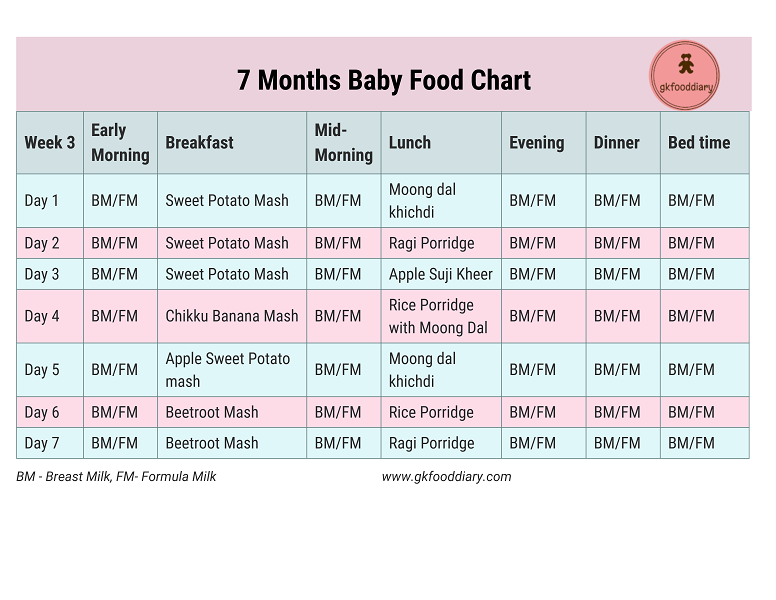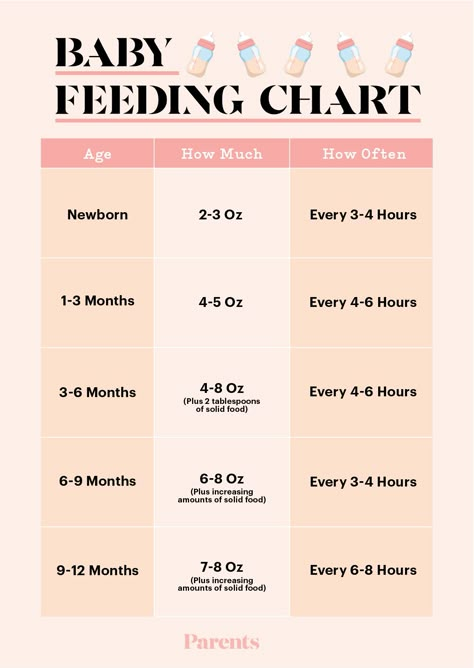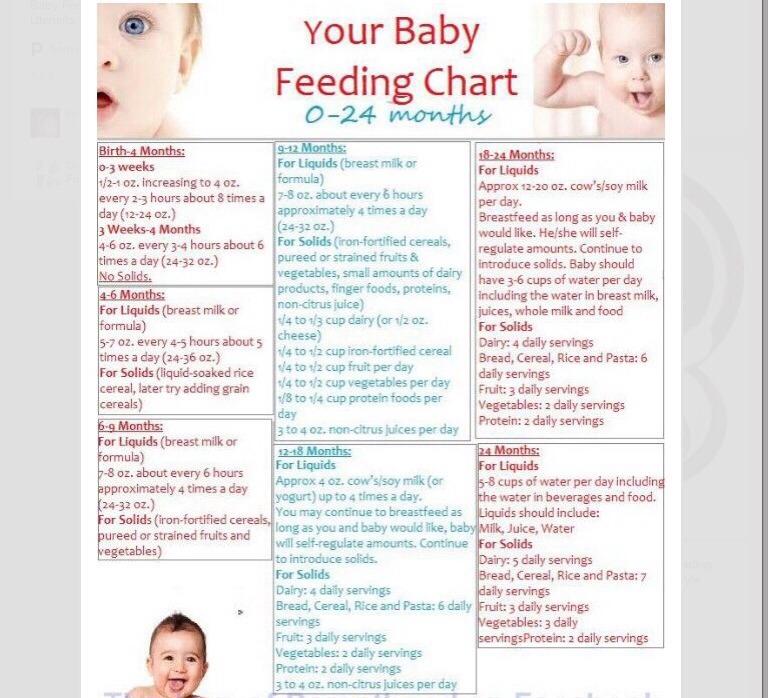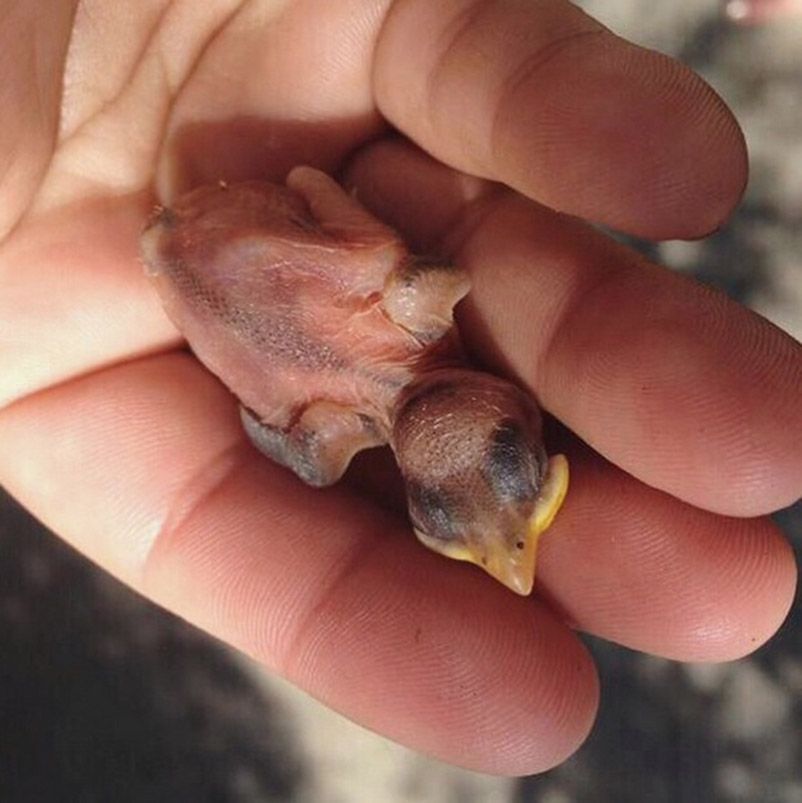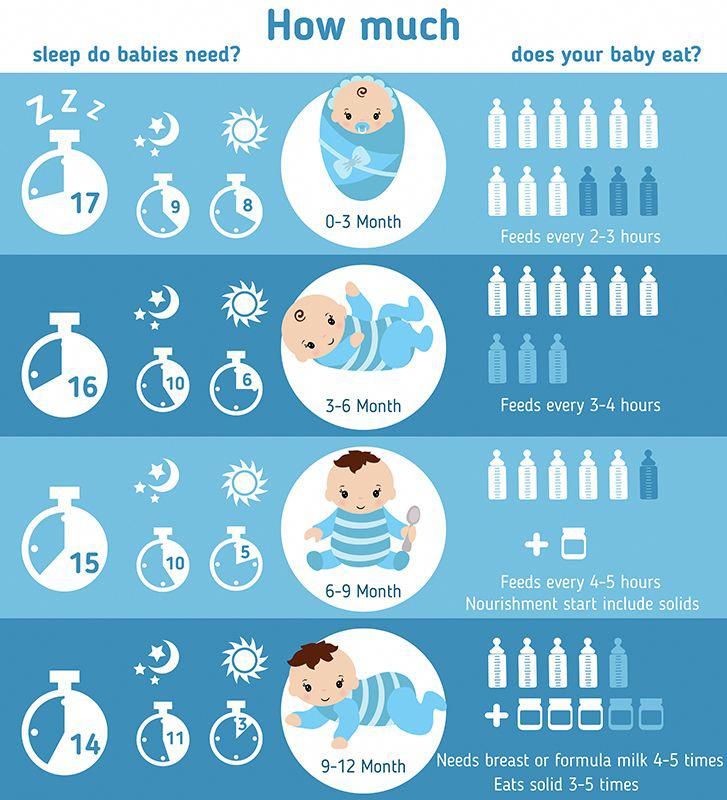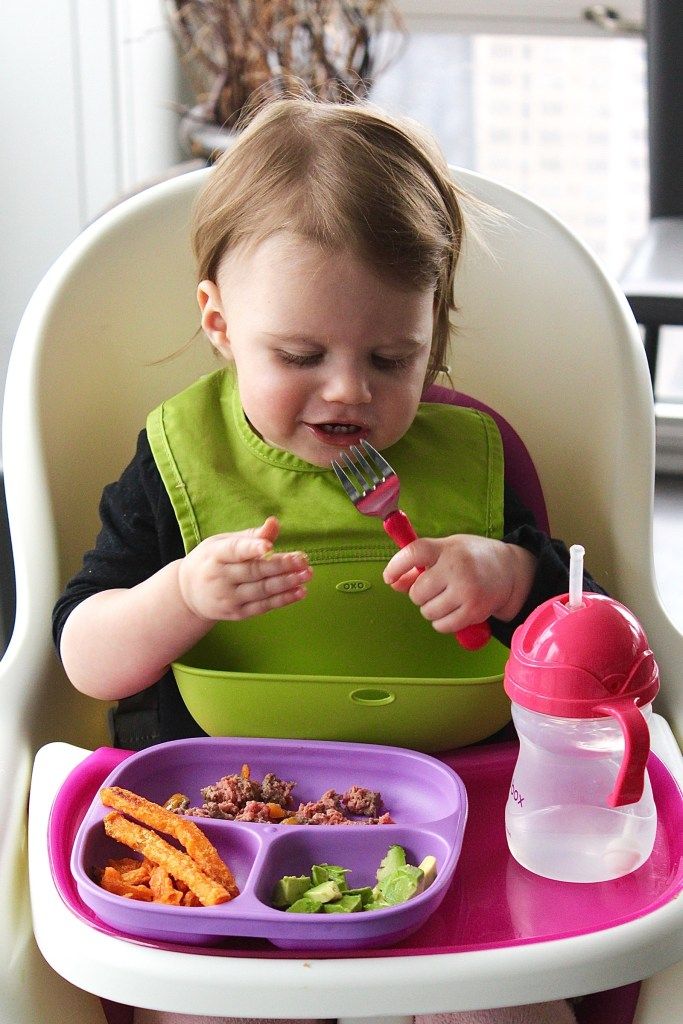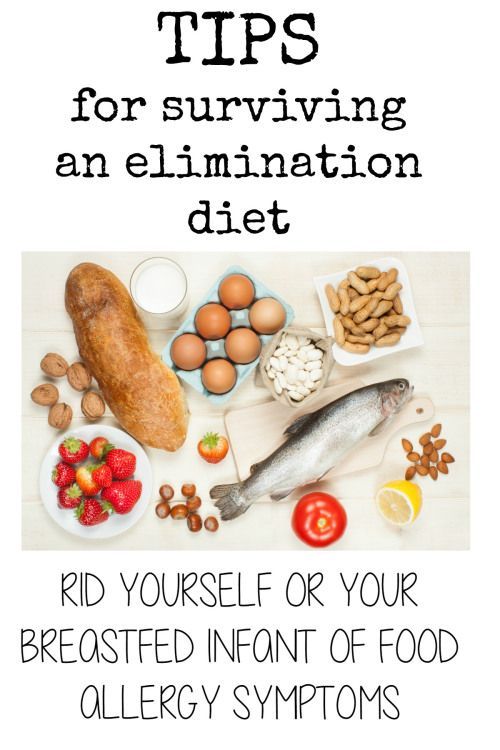Does my baby still need feeding night
Does My Baby Still Need to Feed at Night? – BabySleep 101
Skip to contentPrevious Next
- View Larger Image
Baby still need to feed at night? Here’s how to tell!
You know the drill: you have spent an hour trying to get your baby to bed for the night. You haul your exhausted body to bed, only to be woken up a few hours later to the sound of crying.
Climbing out of your warm covers, you scoop up your baby and try to feed her. She takes a few sucks and then is back asleep. Laying her back down, you try to return to sleep but you can’t-you know she will be back up in an hour to repeat the process.
And so you start to wonder;
“does my baby really need allllll of these feeds, or am I being used as a human pacifier” ?
Whether I’m teaching workshops, doing my free Q & A sessions or working with private clients, it’s a common question.
Usually it’s followed up with; ” I’m totally fine with feeding-if she truly needs it-but how do I know? She never refuses a feed and it seems to be the only way I can get her back down”.
It’s rare for a baby to not feed at least a little when offered a breast or bottle. Even older babies, who may be waking every 1-2 hours often still eat when offered. But this doesn’t always mean that they are hungry. Confusing, right?
So let’s clarify something.
A baby waking at night feeding for true feeds, and, waking at night and wanting to eat because the baby is used to falling to sleep while feeding, are two separate things.
You can have a baby that wakes to feed at night to satisfy true hunger and still knows how to fall asleep independently. The two are not mutually exclusive because sleep training does not mean forced, premature night weaning.
However, if your baby is only feeding as a means of getting back to sleep and isn’t taking full feeds, this is usually referred to as a sleep association, prop or crutch.
Confused yet?
But wait, there’s more.
It’s common for children to combine these during the night; sometimes waking because of a sleep association and other times needing to be fed.
How does a tired mom decide which category her child falls into?
To answer this question, we need to examine a few factors.
Factors To Consider
Before we start, we need to consider your baby’s;
- age
- growth, weight percentile (both current and past)
- general health, and any medical concerns
- daytime sleep routine and amounts
- bedtime
- whether the child is falling asleep feeding or not
- feeding routine and
- intake amounts; day vs. night
When I work with my private clients, I also get their opinion on where they feel they are in their breastfeeding journey (if applicable), as well as their feelings/instincts on whether the feeds are needed out of hunger or wanted as a means of getting back to sleep. (To read more about sleep associations click here.)
(To read more about sleep associations click here.)
Get your FREE copy of “Help Your Child Sleep Through the Night, 5 Tips Every Parent Needs To Know”
It is also important to factor in any medical professional’s opinion that you value such as the child’s doctor and/or an International Board Certified Lactation Consultant (IBCLC).
While we want to get a complete picture, I do find that most of the time, mama knows best. Sometimes there have been one-too-many opinions and my moms are feeling a bit overwhelmed and are just looking for some guidance. I know you’re tired, but don’t discount your own gut instinct.
How Many Night Feeds Per Age
Let’s start by looking at some common feeding patterns. Please note: this is just an average. Every child is unique and you need to consider all the factors mentioned above.
Case in point; I’ve seen 4 month olds go 11-12 hours at night without a feed, and other 4 month olds that needed 3 feeds throughout the night. But here are some average night feeding amounts.
But here are some average night feeding amounts.
0-3 Months: Feeds every 2-3 hours
4-5 Months: Bedtime feed, plus 1-3 more feeds through the night
6-8 Months: Bedtime feed, plus 1 feed
9-11+ Months: Bedtime feed, 0 night feeds
If your baby is feeding more frequently than listed above, she may have developed a sleep association with the breast or bottle. Use the following checklist to help you narrow it down more.
Night feeds may be needed if:
- Your baby is younger than 8 months
- Your baby can fall asleep independently
- Eating solids are not a part of your baby’s regular daytime routine
- Your baby takes a full feed at night
- Your baby is going 1.5-2.5 hours between milk feeds during the day, and takes a significant feed at each one
- Your baby goes back to sleep easily and quickly after a night feed
- Crying escalates and continues for a long time if you try to wait to feed your baby at night
- Your baby is regularly waking up at similar times for a night feed (eg: 12:30AM and 4:30AM)
When Are Feeds Not Needed?
A feed may not be needed if:
- Your baby is 8 months or older
- Your baby frequently falls asleep at the breast or bottle
- There are a wide variety of solids being consumed, 3 times a day
- Your baby only nurses or drinks to get themselves back to sleep
- Your baby is going 3-4 hours during the day between milk feeds
- Your baby stays awake for 20+ minutes after a night feed, and is happy
- Your baby returns to sleep (after fussing/babbling for a while) if they wake at night and you don’t feed them
- You describe your baby as a “snacker” during the day but takes long feeds at night
- There is no consistency in night wakings; sometimes she sleeps until 3am, other times she feeds at 11pm.

Still Not Sure?
“Ugh! I’ve read everything and I’m still not sure-does my baby need to feed at night, or not?”
If after reading the above categories, you still are undecided on what your child needs, I recommend that you continue to offer night feeds but begin to document your child’s night wakings.
For 7- 10 days, record/log their daytime feeds and amounts, as well as night time wakings and intakes each time you offer the bottle or breast.
Once finished, review the information you have collected. What do you see?
Do you notice which feeds are larger than others?
Are there any similar patterns from night to night?
Babies four months and older may fall into a pattern of a feed at bedtime, and then two more after that during the night. Using that information you may find that the bigger/longer feeds may be the “true” ones and the shorter feeds may be the ones that are the sleep associations.
If you find there are several more feeds than that (and there are no health concerns or weight gain issues), you can talk to your IBCLC or doctor about weaning some of the extra night feeds.
Want to discuss the results of your night feed logs? Join the Baby Sleep 101 Facebook page to participate in the weekly Q & A session, or book a private mini-consultation from the A La Carte section to spend more time in a one-on-one discussion.
P.S. Don’t forget to download your FREE copy of the Baby Sleep 101 sleep guide. Get it here.
Page load link Go to Top
3 Signs It Is Time to Night Wean Your Baby
Home / Sleep Training / 3 Signs It May Be Time For Night Weaning Your Baby
by Emily DeJeu in Sleep Training —
One of the questions we get asked a lot (via Facebook posts, consultation e-mails, and blog article comments), is “When can I wean my baby from nighttime feedings?” Understandably, most parents are eager to get back to enjoying nights of peaceful, uninterrupted sleep, but still want to make sure their baby isn’t going hungry.
Of course, there is no fixed schedule for night weaning; every baby is different, so every baby will be ready to wean from night feedings at different points. As we have shared in a previous post, even expert pediatricians disagree on exactly when babies are physically ready to go all night without eating.
This is one reason why we created our night weaning quiz, Is Your Baby Ready For Night Weaning? If you haven’t taken it before, why don’t you take it today – at only 5 questions, it’s quick, and it will give you great insights into whether to not night weaning is right for your baby at this time.
Night Weaning: Baby Night Feedings By AgeWhile there isn’t a “magical age” at which every baby is ready for night weaning, there are some general guidelines for night feedings that seem to work for most babies:
• Newborns to 3 months old: Feedings every 2-3 hours, on demand
• 3-4 Months: 2-3 feedings per night or every 3-6 hours, on demand
• 5-6 Months: 1-2 night feedings
• 7-9 Months: 1, maybe 2, night feedings
• 10-12 Months: Sometimes 1 night feeding
• 12+ Months: Generally no feedings
Of course, growth spurts, illnesses, and teething will be factors to consider; during those times, your baby may need a night feeding, even though she would not need one under normal circumstances.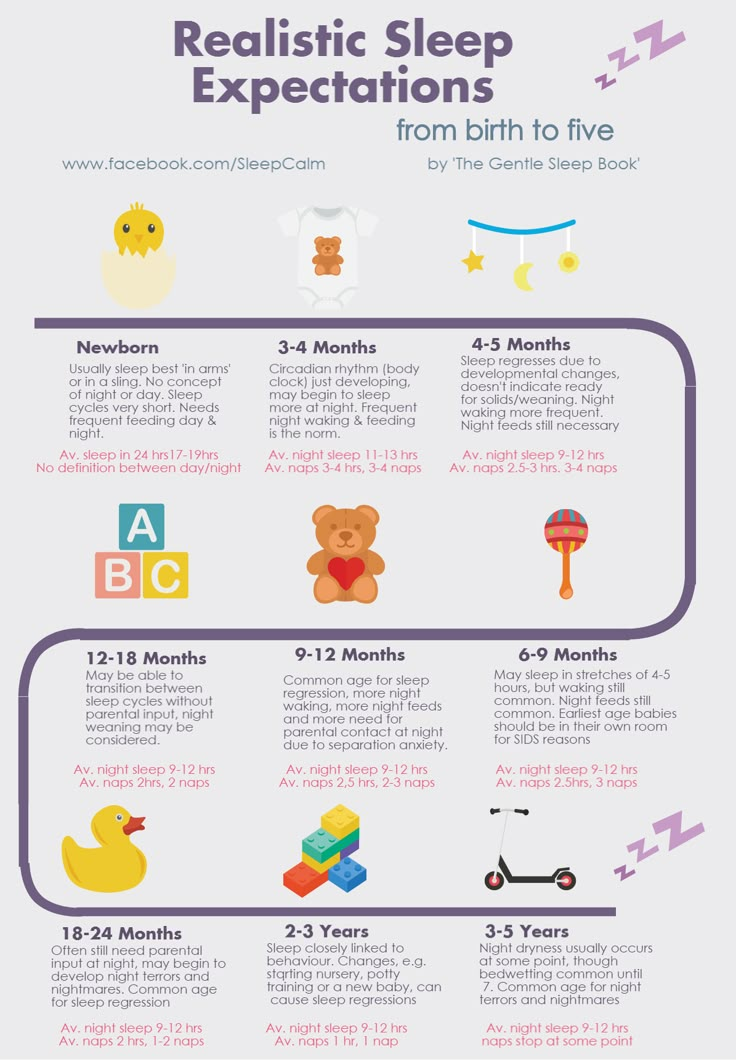
3 Signs Your Baby is Ready For Night WeaningNicole’s Note:
“In our experience, formula-fed babies do tend to night-wean sooner than breastfed babies. Breast milk is digested faster than formula and is more concentrated, so baby tends not to eat as much volume of breast milk during the day. We tend to see most formula-fed babies night-wean around 6 months old. Of course, all babies are different and you know your baby best.”
Those guidelines are helpful, but how will you know when your baby is ready to night wean? Be on the lookout for these signs; they could be indications that your baby is ready to drop nighttime feedings:
- Your baby is not eating as much during the day. If you find that your baby is not eating as much as usual during daylight hours, but is still waking to eat one or more times during the night, that’s a good indication that it may be time to drop (or at least reduce) nighttime feedings.
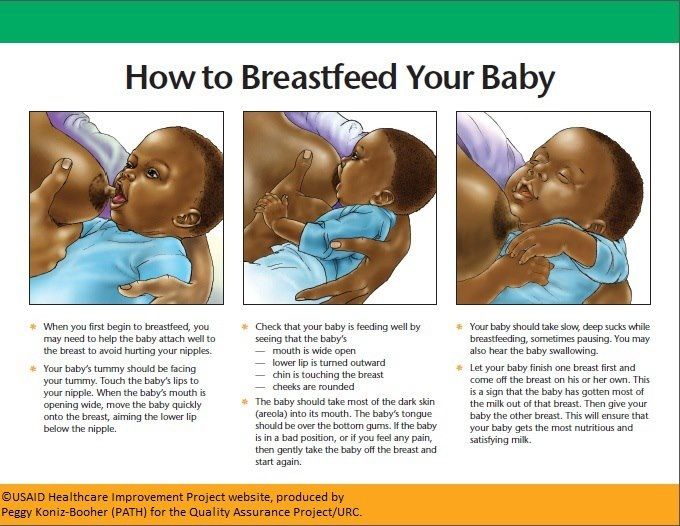 Encourage your baby to eat more during the day; if he can get most/all of his calories in during the day, he’ll be ready to wean away from eating at night.
Encourage your baby to eat more during the day; if he can get most/all of his calories in during the day, he’ll be ready to wean away from eating at night. - Your baby is not eating much at night and treats nighttime feeds as playtime. You may start to notice that even though your baby wakes at night and cries for you, she isn’t very hungry. She might nurse a little, or drink a little of her bottle, and then be wide awake and wanting to ‘play’. In these cases, your baby is likely waking out of habit (or due to her sleep associations), and not out of hunger. This may be a sign that her nighttime feedings are not really necessary anymore, and that she is ready to drop them.
- Your baby has started solid foods (at the appropriate time!) Disclaimer: there is a right time and a wrong time to start your baby on solid foods. For details on when to start your baby on solids, check out this post. Once your baby has started eating solid foods, it won’t be too long before he’s ready to wean from nighttime feeds.
 Your baby may continue to need one (or possibly two) night feeds after he starts solid food, but after a few months, you should be able to gradually wean him from nighttime eating. (Of course, if you are breastfeeding, you’ll need to make sure you can maintain a good milk supply once you drop nighttime nursing. For details about how to measure your breastmilk supply, check out this page.
Your baby may continue to need one (or possibly two) night feeds after he starts solid food, but after a few months, you should be able to gradually wean him from nighttime eating. (Of course, if you are breastfeeding, you’ll need to make sure you can maintain a good milk supply once you drop nighttime nursing. For details about how to measure your breastmilk supply, check out this page.
*BONUS TIP* There is a wide variance in your baby’s nighttime feeding. This one can be trickier to diagnose. But if you notice a lot of variation in when your baby wakes for night feedings, that can be a sign it is time to night wean. For instance, if your baby wakes at 11 p.m. and 4 a.m. to eat one day, then wakes at 3 a.m. the next day, then wakes at 10:30 p.m. and not again until morning on the third day, that variance may mean it is time to start the night weaning process.
Keep in mind that none of these signs on their own mean that your baby is ready to night wean. For example, a 3 month old baby may have a few nights when there are big variances in the timing of her night feedings, but that certainly does not mean she’s ready to stop eating at night! However, if you see two or three of these signs together, that is a good indication that you can begin the night weaning process. When doing consultations, we look at a variety of factors when giving our professional opinion about whether it’s “time” or not.
For example, a 3 month old baby may have a few nights when there are big variances in the timing of her night feedings, but that certainly does not mean she’s ready to stop eating at night! However, if you see two or three of these signs together, that is a good indication that you can begin the night weaning process. When doing consultations, we look at a variety of factors when giving our professional opinion about whether it’s “time” or not.
Still not sure whether your baby is ready for night weaning? In general, Nicole recommends an attempt at night weaning around 8 or 9 months, due to what she calls a “chicken-and-egg” problem that some families face around this time:
A baby needs a certain amount of sustenance during the day and if he gets some at night, he won’t eat more during the day and if he doesn’t eat more during the day, he needs it at night. So, sometimes, a baby really does feel hungry at night, but it doesn’t mean he can’t go all night without a feeding, it simply means he needs to adjust how much he’s eating during the day.
The idea is to gently help him do this.
For more information about night weaning if you are breastfeeding, and how night weaning may affect your baby’s sleep, be sure to take a look at How Weaning From Breastfeeding Can Affect Your Baby’s Sleep.
When did your baby start night weaning? How did you know your baby was ready?
The Baby Sleep Site® is a participant in the Amazon Services LLC Associates Program and other product affiliate programs. If you click on a product link and make a purchase, The Baby Sleep Site® may (but not always) receive a small commission from the company selling the product, but will not affect your purchase price. We only recommend products that we believe are quality products and are good for our readers.
Struggling with your baby’s sleep? We can help. Since 2008, we have helped thousands of families around the world with their babies' sleep problems, and we can help you, too! Tap into 10+ years of experience and take a look at our consultation packages to see which one looks like a good fit for you.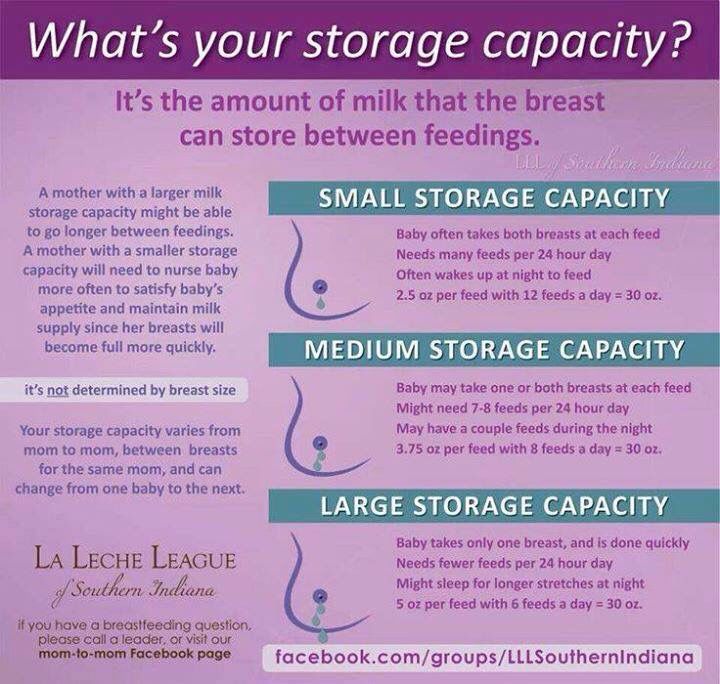
Click here to see all our personalized consultation packages.
Once you purchase, you will immediately receive access to the Helpdesk, and you can set up your account, fill out your family's sleep history survey, submit it to a sleep consultant, and get started on the journey to better sleep!
Want to read about other family's experiences? Read parent stories and reviews here.
Need Baby and Toddler Sleep Help? We Have the Resources You Need!For those persistent nighttime struggles, check out The 3 Step System to Help Your Baby Sleep. Using the same unique approach and practical tools for success, this e-book helps you and your baby sleep through the night.
Or, join our VIP Members Area packed with exclusive content and resources: e-Books, assessments, detailed case studies, expert advice, peer support, and more. It actually costs less to join than buying products separately! As a VIP member, you’ll also enjoy a weekly chat with an expert sleep consultant. And the best part – members receive 20% off all sleep consultation services!
And the best part – members receive 20% off all sleep consultation services!
In over 10 years, we have over 10,000 comments on our blog.
At this time, we’ve turned the comment sections off. We would, of course, love to hear from you! For help with your specific sleep problems, please learn more about our DIY resources or our sleep consultation services. Or, consider emailing us for a fast and helpful response!
Should I feed my baby at night?
Restful sleep and nutrition
Each child has his own individual rhythm of sleep and nutrition, as well as individual need for them. Just in newborns in the first weeks of life, the ability to distinguish between day and night has not yet been developed. The child is simply not used to going without food for a long time. Indeed, in the womb, he could satisfy hunger at any time of the day or night. Therefore, at least in the first weeks, he will certainly wake you up at night for feeding.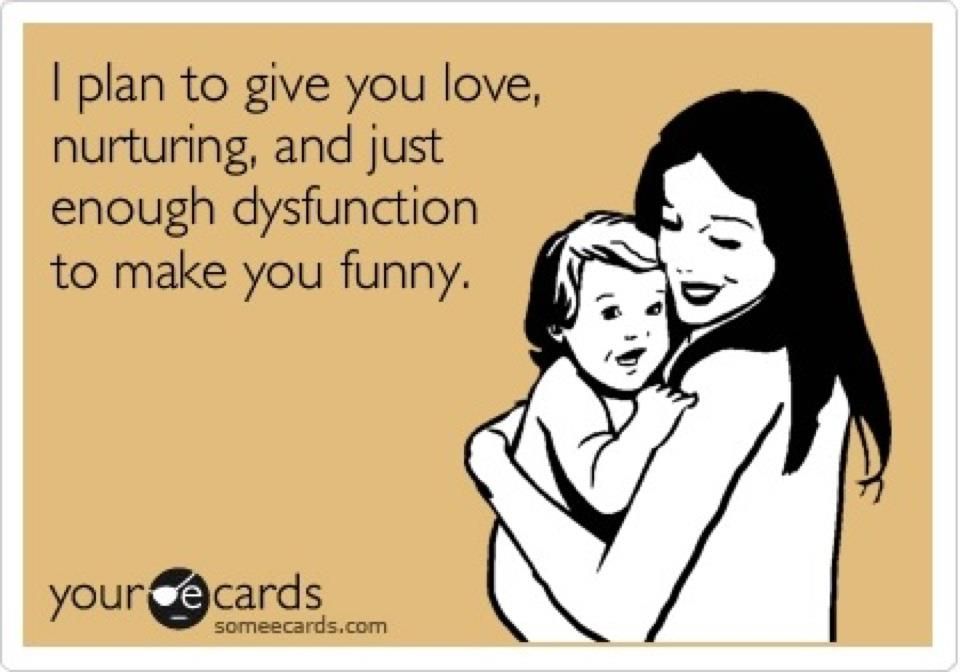
If you are formula feeding your baby, unload yourself and take turns with your partner for nightly feedings. It is also possible if you express milk in the evening and store it in the refrigerator (from +4°C to +6°C, closed for no more than 2 days).
After three months, the baby can go without food for longer, so he has a longer nighttime sleep than daytime. Starting at about 6 months old, babies no longer need to feed at night, because at this age the rhythm of hunger and satiety in a healthy child stops at daytime.
Before going to bed - milk porridge
Milk dessert with biscuits
Milk porridge at night is more satisfying than milk food. HiPP milk porridges are available both in instant form for easy dilution with water, and in ready-made form, for example, our Good Night milk desserts. You can give milk to your baby first from a bottle and later from a cup. It goes without saying that with the introduction of complementary foods, the child should get used to the spoon, and his diet should contain a sufficient amount of solid food.
Weaning from night feeding
Night feeding can become a habit that your baby will only reluctantly say goodbye to. If your baby keeps waking up during the night, try offering unsweetened tea or boiled water, but don't feed him. Night feeding even interferes with uninterrupted sleep and can damage the first teeth of the child, since after a nightly meal, the child's teeth, as a rule, are no longer cleaned. Of course, it will take some time to wean your baby from night feedings, but in the end you will definitely reach the goal!
Learn more: Tips
Video: Weaning tips - OB tips Video: Baby massage Diet planFood and drinkDigestion for your babyOn holiday with your baby baby? Do I need to feed my baby at night? When will my baby start sleeping at night without waking up? Tips for improving your baby's sleep
Baby crying Motor and speech
Choice of complementary foods
No age restrictions from the first daysfrom 1st monthfrom 4 monthsfrom 5 monthsfrom 6 monthsfrom 7 monthsfrom 8 monthsfrom 9 monthsfrom 10 monthsfrom 12 months
puree from 4 months - Vegetable puree from 5 months - Vegetable puree from 6 months - Vegetable puree from 7 months - Vegetable puree from 8 months Fruit puree - from 4 months - from 5 months months - from 6 monthsMeat purees - Meat pureesMeat and vegetable menu - from 8 months - from 12 monthsFish and vegetable menu - from 9Soups - from 6 months - from 7 months - from 8 months - from 12 months - From 18 months "Good night" in jars - Cereal porridge with fruit in jarsDrinks - Health drinks - Granulated teas - Tea bags - JuicesCookies - Cookies
How to wean a child from night feedings
The child is already one and a half years old, but does he still wake up at night and demand to eat? Many parents face this problem. Someone in such cases is trying to rock, others offer to breastfeed, others give some water or milk formula. And what is the right thing to do in such a situation?
Someone in such cases is trying to rock, others offer to breastfeed, others give some water or milk formula. And what is the right thing to do in such a situation?
Why at night is harmful ?
Dentists often write in scientific articles about dental problems in children who, day and night, do not part with a bottle of sweet tea or juice. Frequent intake of something sweet, especially at night, leads to cavities and more serious dental problems. Therefore, it is highly recommended to avoid sugary drinks at night, even if it is fruit yogurt or “no added sugar” baby juice (juices still contain fruit acids, which can also be dangerous for enamel).
Another reason why you should not eat at night is the mode of operation of the gastrointestinal tract. Eating is a load on the digestive glands, which must also rest at night. Ideally, the child's nutrition should be according to the regimen: three main meals (breakfast, lunch, dinner) and 2-3 additional (for example, second breakfast, afternoon tea, milk drink at night, without any other snacks) and about one and the same time. Then the body will be better prepared for eating, the process of digestion will be better. How to teach a baby to eat from a very early age, so he, most likely, will eat in the future.
Then the body will be better prepared for eating, the process of digestion will be better. How to teach a baby to eat from a very early age, so he, most likely, will eat in the future.
How Tig a Child is to 9004 9010
If wakes up at night and not can fall asleep without
0106 find out , enough whether him food in the afternoon . Maybe he's really hungry at night. Before canceling nightly meals, it is necessary to assess the weight and height of the baby (whether there is a deficiency), and also compare his daily diet with that due to age. If it is difficult for the mother to do this herself, you need to contact the pediatrician.
You can adjust the diet, for example, by “strengthening” dinner: if the child usually eats vegetables, give porridge instead, it will give better satiety and reduce the likelihood that the child will wake up hungry at night. If the baby is on formula, special evening formulas can be used before bedtime, milk drinks levels 3 and 4 are an important part of the nutrition of a child over one year old. After correcting the daily diet, it is necessary to gradually reduce the amount of mixture or kefir that the child eats at night. For caloric content, the child now does not need them, it's just a habit. A simple trick will help prevent stress, make the rejection of the nutrient mixture less painful: dilute the baby food with water, gradually reduce the percentage of the mixture.
Most pediatricians and psychologists advise involving a man in the process of weaning from night feedings. Let dad put his one-year-old son or daughter to bed more often, sing songs, and mom sit next to him, but not take the child in her arms.

